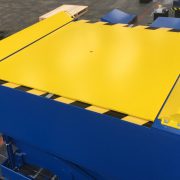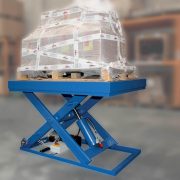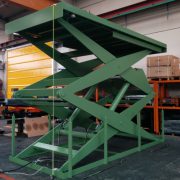Safety (from Latin “sine cura“: without worrying) can be defined as “the knowledge that the evolution of a system will not produce unwanted circumstances”. In simpler terms: knowing that what we are going to do will not cause damages. The total safety is available only when there is no danger. In absolute terms, it is a concept hard to report in real life, even if the application of the safety rules makes harder the occurrence of harmful events or accidents, improving instead the quality of life. (Wikipedia, def. “safety”).
The etymology of the word “safety”, therefore, reports perfectly the idea of what we expect when we purchase a machine that we are going to use for a long time: the absence of concerns. Armo spa has always paid attention to the safety, committing resources and investments in order to guarantee to its partners as much safety as possible from Armo products. Armo products, totally respecting the principles of safety integration, are fit to work, to be settled and maintained – if carried out under the intended conditions- in the total absence of risks for the people involved even if these risks would be the consequence of a predictable, exceptional situation.
Already in the 1990’s, when there was not so much attention to safety problems, Armo lifting tables were certified as “safe” by the German TUV. The dock levellers, instead, were attested by the IEC company – Industrial Engineering Consultants srl – certification authorities “Authorization of the Ministry of Industry, Commerce and Craft – G.U n. 255 dtd 10-31-2000” – which has checked, with a positive result, a dock leveller mod. ARG1 38C3 TS, dtd 01/22/2003, at our factory in Collegno (TO). The CE certification is, in this case, a real guarantee of safety.
Often, the products employed, hide risks, which are not immediately evident, but ready to arise at the wrong time, with catastrophic consequences for the safety. Hereinafter, a video shows you what happens to a non-compliant dock leveller in case of the sudden departure of a truck. What would have happened if an operator had been on the dock leveler in that moment?








